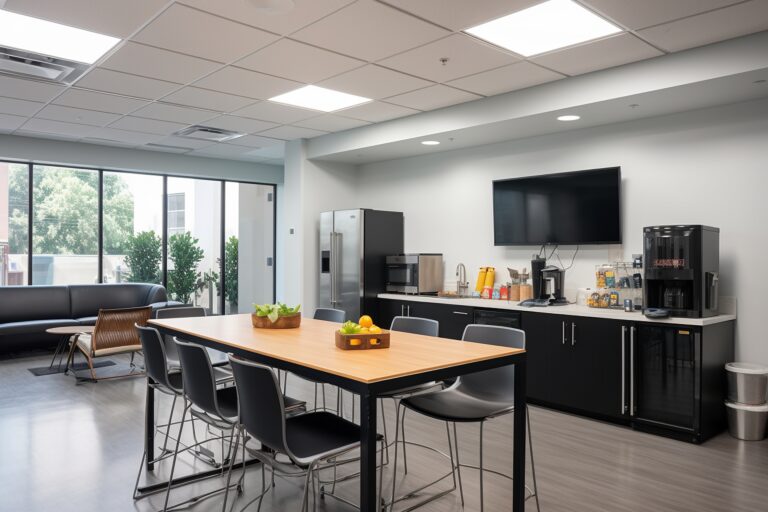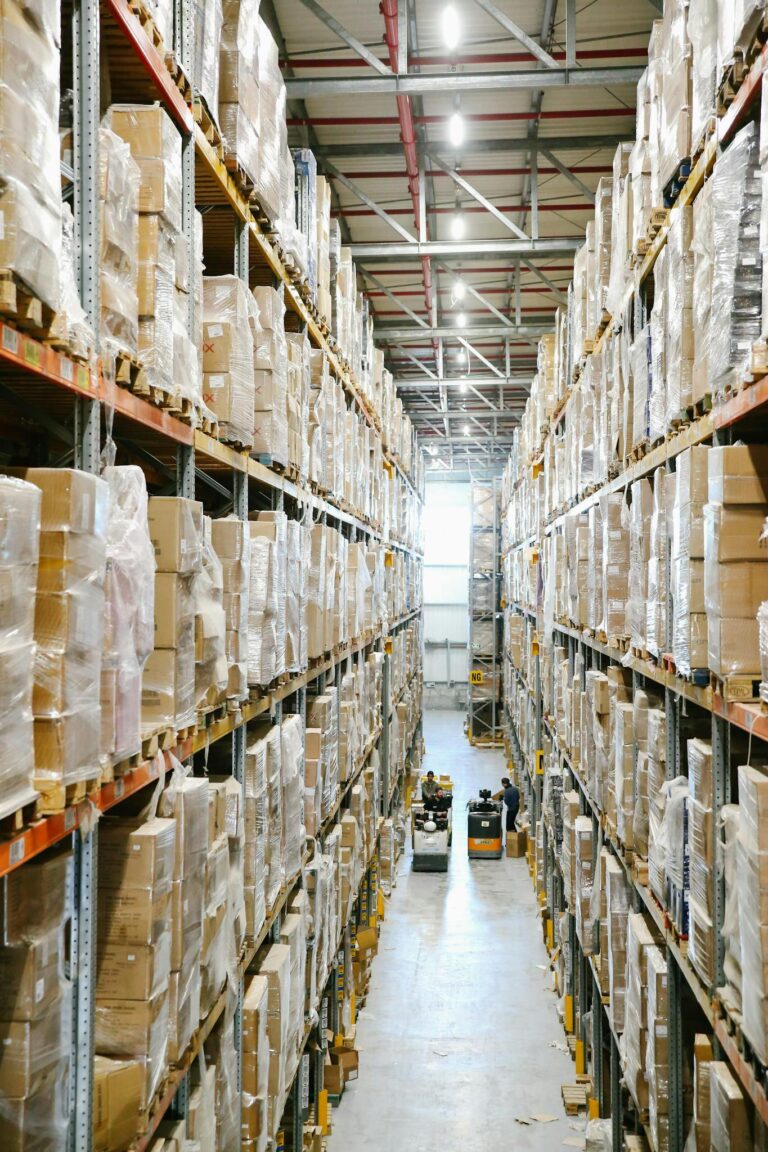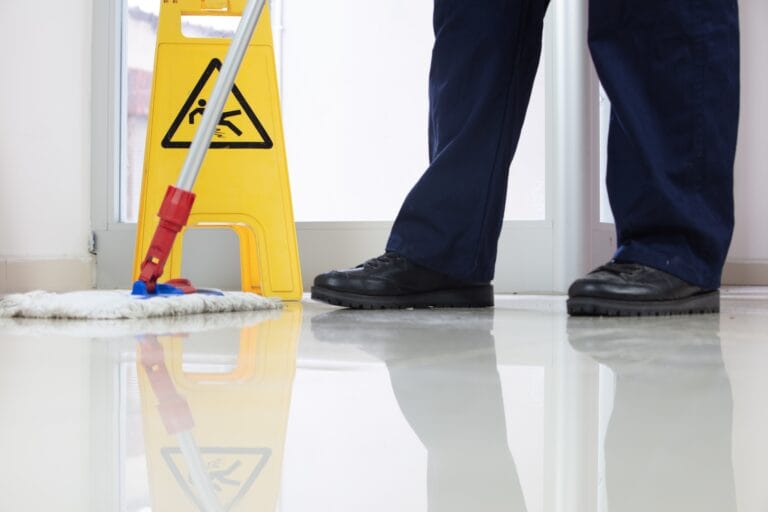Introduction
In the modern workplace, the significance of a clean work environment cannot be understated. Organizations are beginning to realize that a clean and hygienic workspace plays a critical role in creating a positive atmosphere for employees. The growing emphasis on cleanliness as a priority reflects not only a commitment to health and safety but also a keen understanding of its impact on overall productivity.
The Importance of Clean Work Environment
A clean work environment fosters a culture of professionalism and respect among employees. When workplaces are organized and free from clutter, it conveys to staff that their wellbeing is valued. Furthermore, a well-maintained setting can enhance the company’s image, making a strong impression on clients and visitors. Cleanliness also minimizes the risk of workplace accidents, contributing to the overall safety and morale of employees. Organizations that invest in cleanliness demonstrate a proactive approach to employee welfare, leading to increased loyalty and reduced turnover rates.
Relationship Between Cleanliness and Productivity
There exists a strong correlation between cleanliness and productivity levels. Research indicates that employees tend to be more efficient and focused in tidy environments. A clean workspace minimizes distractions, enabling employees to concentrate fully on their tasks. Moreover, cleanliness reduces the presence of germs and allergens, leading to fewer sick days. In addition, employees working in a clean atmosphere often exhibit higher levels of motivation and satisfaction, directly influencing their performance. Ultimately, embracing cleanliness not only improves employee health but also enhances productivity, creating a win-win situation for both the organization and its employees.
Effects of Routine Cleaning on Employee Health
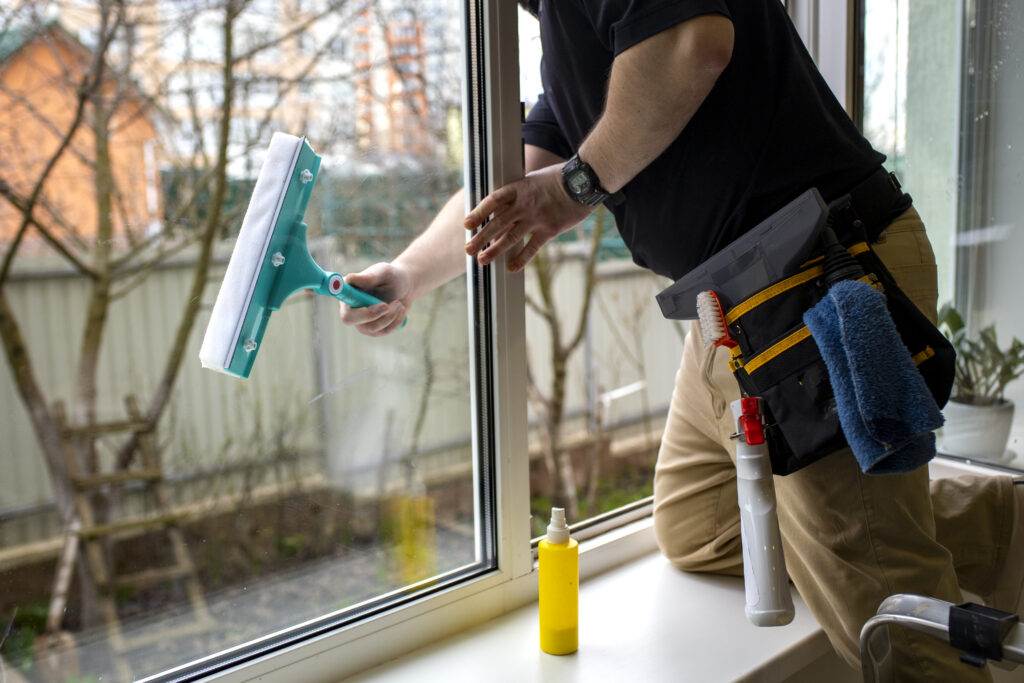


Reduction of Sick Days
Routine cleaning plays a pivotal role in safeguarding employee health by significantly reducing the incidence of sick days. Studies have shown that a clean workspace lowers the presence of germs and bacteria, which are often prevalent in shared environments. Regular cleaning schedules, particularly in high-touch areas such as doorknobs, keyboards, and communal spaces, help mitigate the spread of infectious diseases. This proactive approach not only enhances the overall health of employees but also fosters a productive work culture where absenteeism is minimized. Organizations that prioritize routine cleaning effectively demonstrate their commitment to employee well-being and productivity.
Prevention of Allergies and Respiratory Issues
Furthermore, a well-maintained workplace environment can prevent allergies and respiratory issues that may arise from dust, mold, and other allergens. Indoor air quality is often compromised in unhygienic settings, leading to potential health complications for employees. Regular dusting, vacuuming, and maintenance of HVAC systems can significantly improve air quality, creating a healthier workspace. As employees are exposed to fewer airborne irritants, the likelihood of developing chronic issues is greatly reduced. Employers who implement consistent cleaning routines contribute to a healthier workforce, thereby enhancing overall employee satisfaction and retention. Ultimately, investing in cleanliness not only protects the workforce’s health but also catalyzes a thriving organizational atmosphere.
Decreased Distractions and Improved Focus
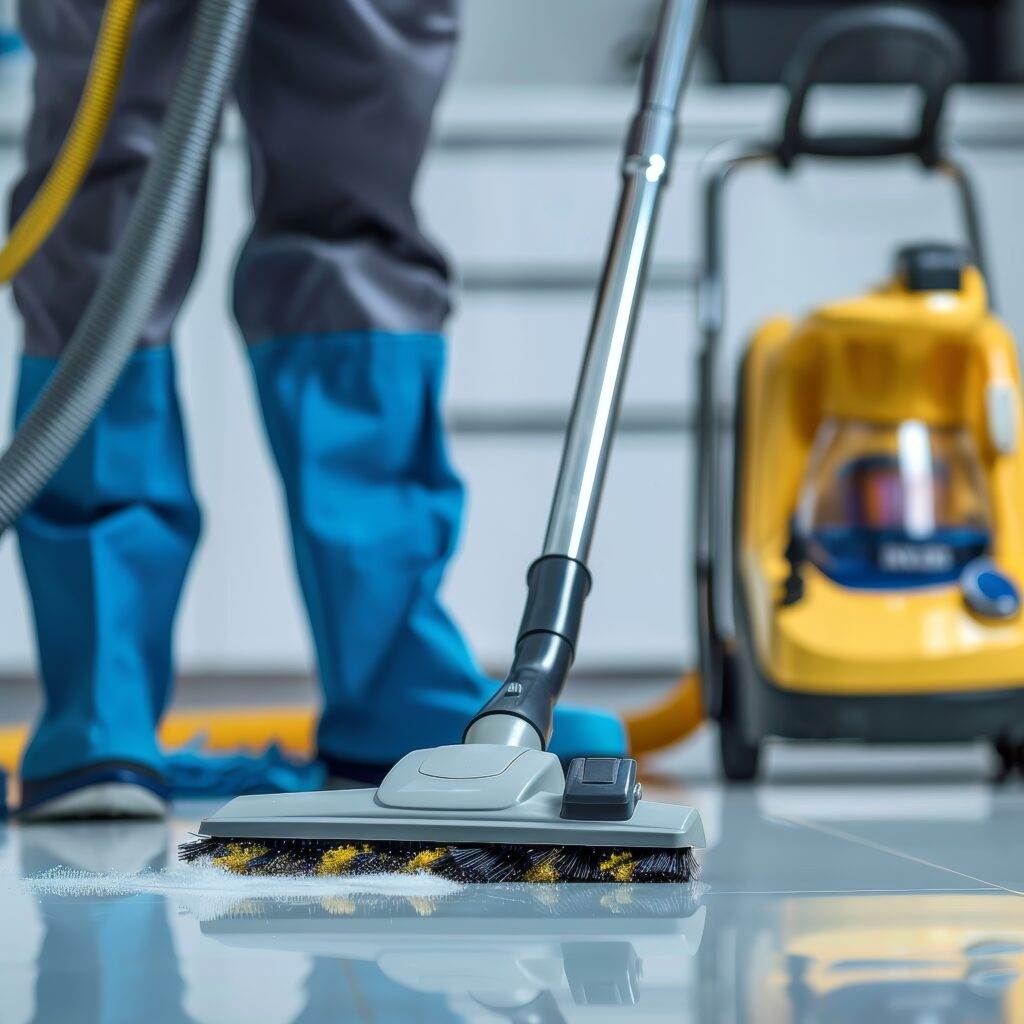
Organization and Clutter Reduction
A clean environment directly contributes to reduced distractions in the workplace. When an office is tidy and organized, employees can locate necessary materials easily, eliminating the time wasted searching through clutter. By regularly implementing cleaning protocols, organizations can maintain a streamlined workspace, where every item has its designated place. This type of structured environment promotes efficiency, enabling employees to focus on their core tasks without the interruptions that chaos can often bring. Furthermore, a well-organized workspace has been linked to increased motivation and discipline, leading to better overall performance.
Enhanced Mental Clarity
Additionally, a clean and tidy workspace fosters enhanced mental clarity and cognitive function. Research indicates that individuals are more likely to experience improved concentration and creativity in organized settings. When distractions are minimized and the environment is aesthetically pleasing, employees can channel their energy towards innovative thinking and problem-solving. This not only boosts individual productivity but also contributes to a collaborative workspace where ideas can flow freely among team members. Companies that prioritize routine cleaning and organization demonstrate an understanding of the psychological aspects of work environments, showcasing a commitment to employee satisfaction and performance. In summary, consistent cleaning routines serve to reduce distractions and create an atmosphere conducive to focus, thereby generating a more productive workforce overall. This investment in cleanliness and organization can be vital for navigating the complexities of modern workplaces while safeguarding employee well-being and efficiency.
Boosting Morale and Employee Satisfaction

Positive Impact on Employee Well-being
Maintaining a clean and organized workplace not only promotes focus but also significantly boosts employee morale and satisfaction. Employees are more inclined to feel valued and respected when they work in a pleasant environment. A tidy space reflects care and consideration from the organization, influencing how employees perceive their workplace. Moreover, positive work environments are crucial for mental well-being, as they can reduce stress levels and promote a sense of security. When employees are less burdened by clutter and chaos, they can work more effectively, leading to enhanced overall job satisfaction. Organizations that prioritize cleanliness demonstrate a commitment to fostering a supportive atmosphere, ultimately contributing to employee retention and loyalty.
Increased Sense of Pride in Workplace
Furthermore, an organized and pristine environment instills a heightened sense of pride among employees regarding their workplace. When a company invests in maintaining a clean space, employees perceive it as a reflection of the organization’s values and standards. This sense of pride can translate into better teamwork and collaboration, as employees are more likely to take ownership of their environment and work together to keep it that way. Moreover, when employees feel pride in their workplace, they are motivated to uphold the organization’s reputation, drive productivity, and contribute positively to the company culture. In sum, prioritizing cleanliness not only enhances employee satisfaction but also fosters a collective sense of pride, leading to a more engaged and motivated workforce, which positively impacts organizational success.
Enhancing Professionalism and Company Image

Impressions on Clients and Visitors
A clean and well-organized workplace significantly influences the impressions formed by clients and visitors. First encounters often lay the foundation for lasting relationships, and a tidy environment conveys professionalism and attention to detail. Clients are likely to perceive cleanliness as a reflection of the organization’s level of care and dedication to quality. When visitors enter a pristine space, they are more inclined to have positive feelings about the company’s operations, ethos, and overall commitment to excellence. Such impressions can be vital in competitive markets, where potential clients are often evaluating multiple options. A company that presents itself in an orderly manner is more likely to build trust and credibility, leading to long-term business partnerships.
Maintaining a Professional Appearance
Furthermore, the maintenance of a professional appearance through workplace cleanliness extends beyond aesthetics; it is integral to upholding the company’s image. Employees are often the face of the organization, and their interaction with the environment can affect how they conduct themselves. When a business prioritizes organization, it instills a sense of responsibility and professionalism among its staff. This, in turn, reflects on their performance as they align their personal standards with that of the organization. Collectively, a clean workplace fosters pride and confidence in employees, which contributes to a positive company culture. In conclusion, prioritizing cleanliness not only enhances customer perceptions but also reinforces a strong professional reputation, ultimately leading to sustained organizational success and growth.

